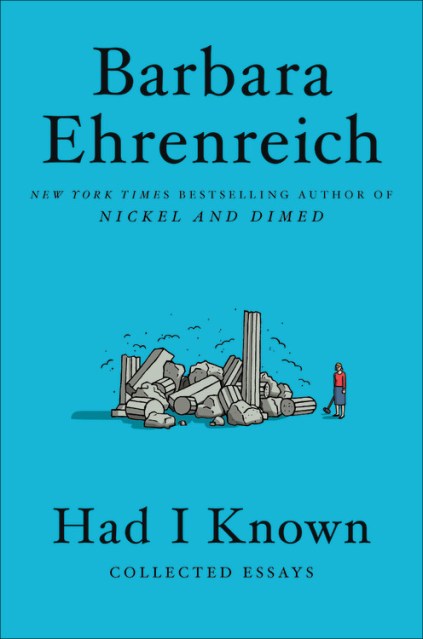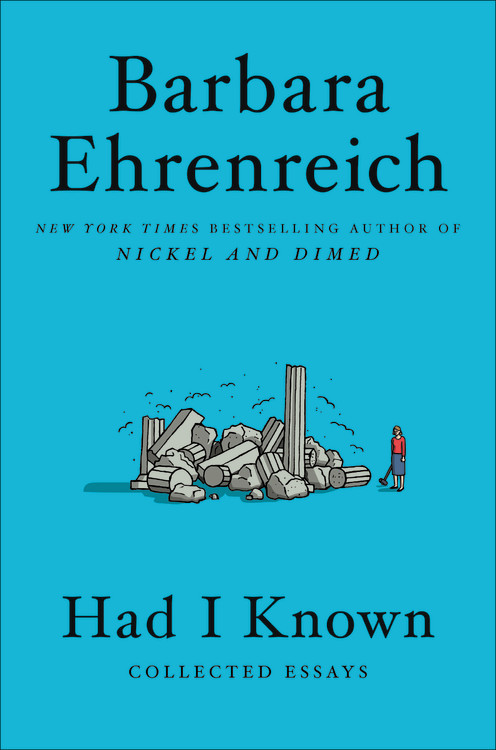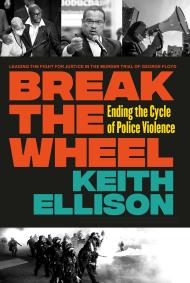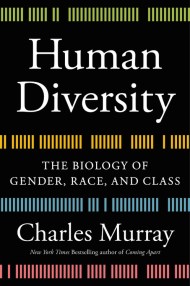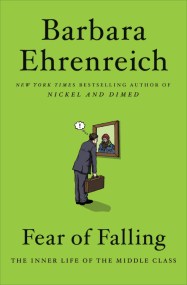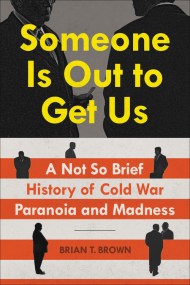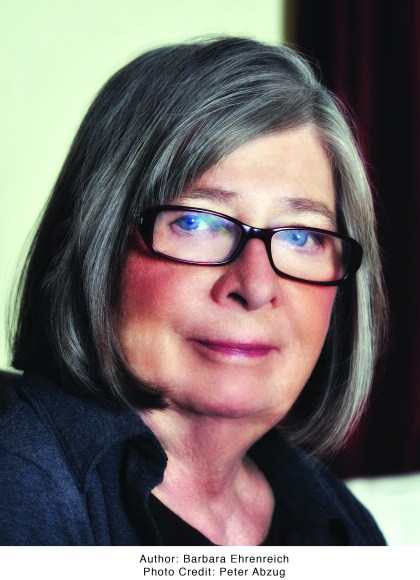Promotion
Use code MOM24 for 20% off site wide + free shipping over $45
Had I Known
Collected Essays
Contributors
Formats and Prices
Price
$28.00Price
$35.00 CADFormat
Format:
- Hardcover $28.00 $35.00 CAD
- ebook $12.99 $15.99 CAD
- Audiobook Download (Unabridged)
- Trade Paperback $17.99 $22.99 CAD
This item is a preorder. Your payment method will be charged immediately, and the product is expected to ship on or around March 24, 2020. This date is subject to change due to shipping delays beyond our control.
Also available from:
Winner of the 2021 PEN/Diamonstein-Spielvogel Award for the Art of the Essay, HAD I KNOWN contains the most provocative, incendiary, and career-making pieces by bestselling author, essayist, political activist, and "veteran muckraker" Barbara Ehrenreich (The New Yorker).
A self-proclaimed "myth buster by trade," Barbara Ehrenreich has covered an extensive range of topics as a journalist and political activist, and is unafraid to dive into intellectual waters that others deem too murky. Now, Had I Known gathers the articles and excerpts from a long-ranging career that most highlight Ehrenreich's brilliance, social consciousness, and wry wit.
From Ehrenreich's award-winning article "Welcome to Cancerland," published shortly after she was diagnosed with breast cancer, to her groundbreaking undercover investigative journalism in Nickel and Dimed, to her exploration of death and mortality in the New York Times bestseller, Natural Causes, Barbara Ehrenreich has been writing radical, thought-provoking, and worldview-altering pieces for over four decades. Her reviews have appeared in the New York Times Book Review, the Washington Post, the Atlantic Monthly, and the Los Angeles Times Book Review, among others, while her essays, op-eds and feature articles have appeared in the New York Times, Harper's Magazine, the New York Times Magazine, Time, the Wall Street Journal, and many more. Had I Known pulls from the vast and varied collection of one of our country's most incisive thinkers to create one must-have volume.
A self-proclaimed "myth buster by trade," Barbara Ehrenreich has covered an extensive range of topics as a journalist and political activist, and is unafraid to dive into intellectual waters that others deem too murky. Now, Had I Known gathers the articles and excerpts from a long-ranging career that most highlight Ehrenreich's brilliance, social consciousness, and wry wit.
From Ehrenreich's award-winning article "Welcome to Cancerland," published shortly after she was diagnosed with breast cancer, to her groundbreaking undercover investigative journalism in Nickel and Dimed, to her exploration of death and mortality in the New York Times bestseller, Natural Causes, Barbara Ehrenreich has been writing radical, thought-provoking, and worldview-altering pieces for over four decades. Her reviews have appeared in the New York Times Book Review, the Washington Post, the Atlantic Monthly, and the Los Angeles Times Book Review, among others, while her essays, op-eds and feature articles have appeared in the New York Times, Harper's Magazine, the New York Times Magazine, Time, the Wall Street Journal, and many more. Had I Known pulls from the vast and varied collection of one of our country's most incisive thinkers to create one must-have volume.
Genre:
- On Sale
- Mar 24, 2020
- Page Count
- 384 pages
- Publisher
- Twelve
- ISBN-13
- 9781455543670
Newsletter Signup
By clicking ‘Sign Up,’ I acknowledge that I have read and agree to Hachette Book Group’s Privacy Policy and Terms of Use
